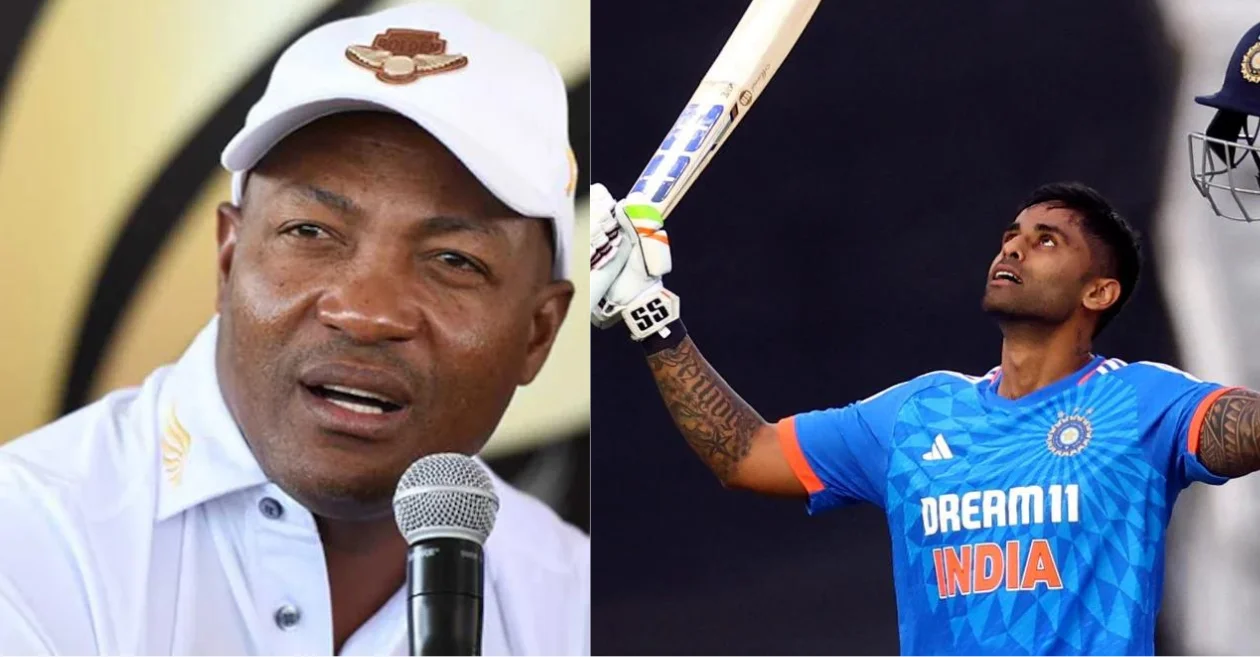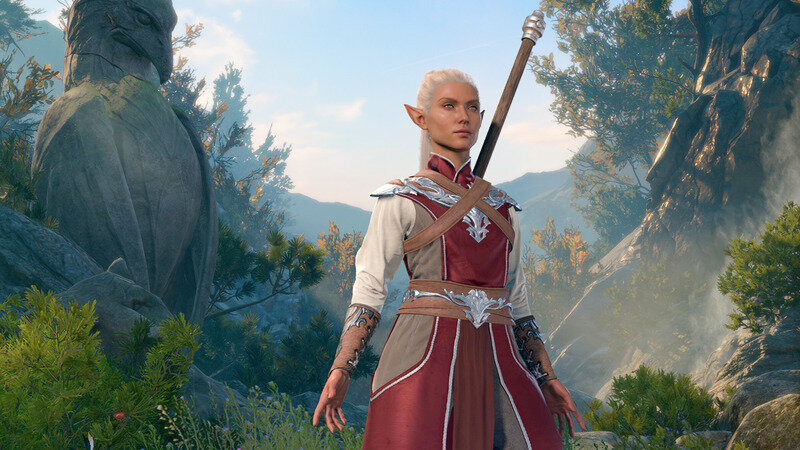
Golf is a sport with a rich and intricate history, its exact origins still a subject of debate. While the prevailing theory suggests its inception in Scotland during the Middle Ages, records of similar games to golf date back to the 13th century in the Netherlands and France.
Golf, Paris 2024
Despite this extensive tradition, golf hasn’t had a consistent presence as an Olympic sport. In fact, its inclusion has been sporadic, with ongoing discussions surrounding its Olympic status.
Presently, golf holds Olympic recognition. Following its reintroduction at the Rio 2016 Olympic Games, it has been featured in the Olympic program at Tokyo 2020 and will also be part of the lineup at the Paris 2024 Olympics. The Olympic golf competition consists of two divisions: men’s and women’s.
The history of golf as an Olympic sport has been intermittent. Its debut was in the Paris Games of 1900, followed by another appearance in 1904, only to vanish from the Olympic program for over a century.
It wasn’t until the Rio de Janeiro 2016 Games that golf made its comeback. In Rio, Justin Rose of Great Britain claimed gold in the men’s event, while Inbee Park of South Korea secured the top spot in the women’s category.
At the Tokyo 2020 Olympics, held in 2021 due to the COVID-19 pandemic, Xander Schauffele and Nelly Korda, both from the United States, clinched gold in the men’s and women’s events, respectively.
The modern Olympic Games, also known as the Olympics, are the premier international sporting events featuring competitions in both summer and winter sports, with thousands of athletes from around the globe participating in various disciplines. The Olympics are widely regarded as the pinnacle of athletic competition, with over 200 teams representing sovereign states and territories taking part. Typically, the Games serve as a substitute for any World Championships held in the same year, although each sport usually maintains its own records.
Inspired by the ancient Olympic Games held in Olympia, Greece from the 8th century BC to the 4th century AD, the modern Olympics were founded by Baron Pierre de Coubertin, who established the International Olympic Committee (IOC) in 1894. The first modern Games were held in Athens in 1896. The IOC serves as the governing body of the Olympic Movement, overseeing all aspects of the Games according to the principles outlined in the Olympic Charter.
Throughout the 20th and 21st centuries, the Olympic Movement has undergone significant evolution, resulting in various changes to the structure and format of the Games. These include the establishment of the Winter Olympic Games for snow and ice sports, the Paralympic Games for athletes with disabilities, and the Youth Olympic Games for young athletes aged 14 to 18. Additionally, there are Continental games such as the Pan American, African, Asian, European, and Pacific Games, as well as the World Games for sports not featured in the Olympics. The IOC also supports events such as the Deaflympics and the Special Olympics.
Adaptations have been made in response to economic, political, and technological advancements. The IOC has moved away from strict amateurism, allowing professional athletes to compete in the Games. The rise of mass media has led to corporate sponsorship and commercialization, while global conflicts and pandemics, such as World Wars I and II and the COVID-19 pandemic, have impacted the scheduling and hosting of the Games.



















You must be logged in to post a comment Login